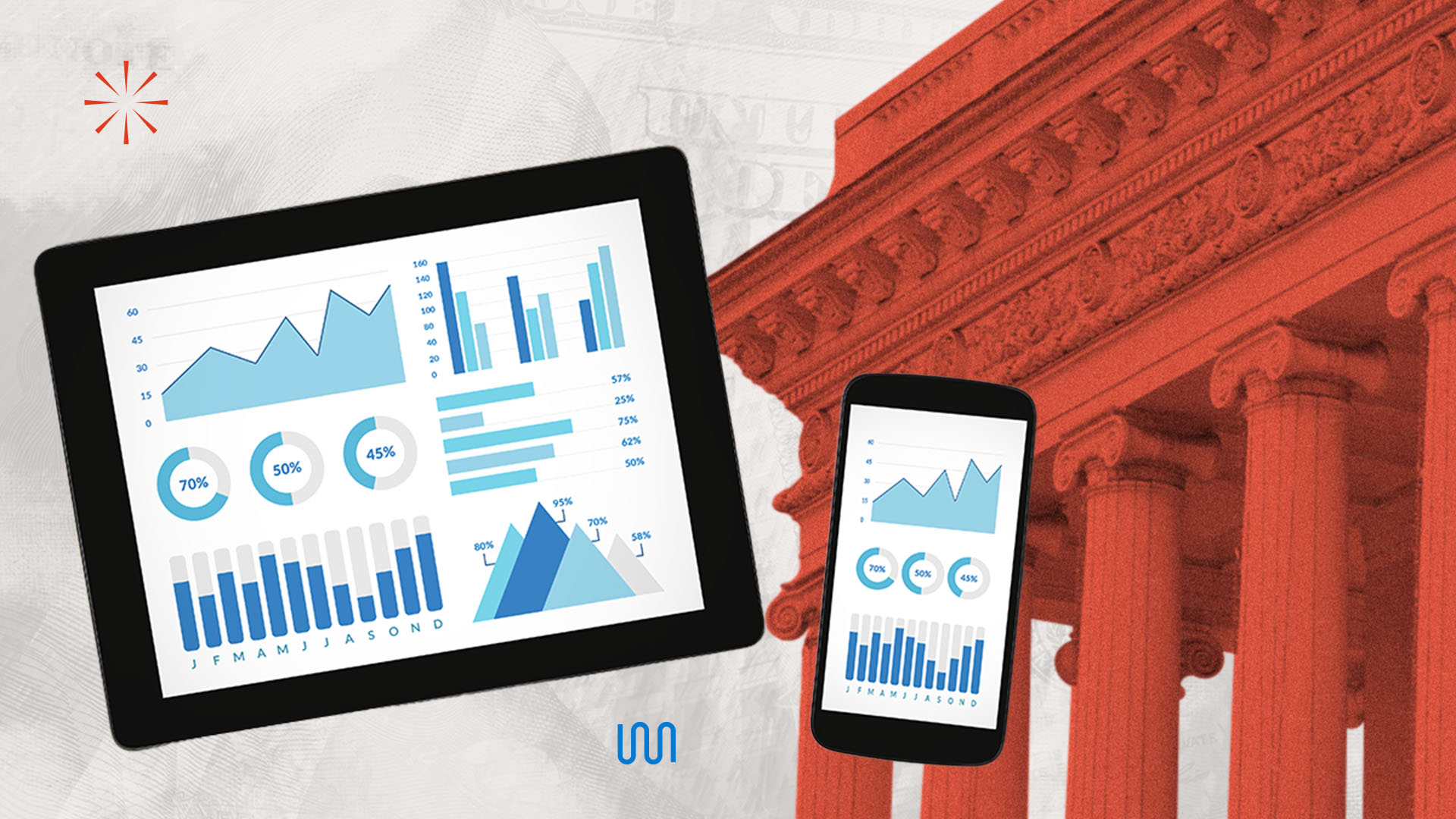
In a rapidly digitized world, clients are increasingly wanting to engage with their wealth managers using technology to unlock a number of benefits including ease of access and more on-demand service. However, it’s not just the clients that can benefit from digital transformation. By choosing the right digital tools, advisors can personalize client services and products, building stronger long-term relationships.
Benefits of digital tools for wealth management relationships
Digital tools should be used to foster customer relationships by creating a hybrid approach to wealth management services. Even when clients want to work one-on-one with their advisor, many still want some digital interaction.
Digital tools provide several benefits for wealth management advisors, including:
- Tailored customer experiences
- Improved client decision making
- Client self-service
- Streamlined processes
- Reduced cost-to-serve
9 top digital tools for wealth management advisors
Digital tools should enhance the personal relationship between advisors and their clients, not detract from them. Here are the top digital tools that help solidify relationships between advisors and clients:
1. Business intelligence
Clients are willing to share information with their wealth managers, and advisors should be using this to provide personalized recommendations. With business intelligence tools, advisors can leverage big data and predictive analytics to look for trends across portfolios and client profiles. Further, these tools integrate with third-party data providers, ultimately providing deeper visibility.
Often, these tools provide graphics that give at-a-glance visibility into the trends enabling faster, better-informed decisions. When managing complex portfolios, wealth managers gain rapid insights into portfolios, which provides better recommendations that help clients to achieve their goals.
2. File sharing and file transfer
Documents are a large part of wealth management. Often, clients want to receive and send these documents electronically. Whether advising clients remotely or in-person, advisors often need to review documents such as:
- Investment account statements
- Retirement account statements
- Pension estimates
- Annuity statements
- Stock option plans
- Social Security statements
- Property value statements
- Mortgage interest rates
- Rental income
- Tax returns
Today, many clients may only have these in a digital format or have scanned paper documents to make digital versions. Having a secure file sharing or file transfer tool gives customers the experience they want and builds trust by protecting data.
3. Customer communication platform (CCM)
With CCM software, advisors have a single view of all client interactions across multiple channels. CCM enables advisors to deliver individualized messages, marketing collateral, new services announcements, and transaction documents. With CCM, advisors can deliver these targeted messages across multiple channels, including:
- Mobile
- Text
- Web
- Social media
4. Customer relationship management (CRM)
Advisors provide services, and their first touch is before someone even becomes a client. With a CRM, financial advisors centralize and organize all information about prospects, leads, and clients. With a CRM, advisors can promote digital and in-person relationships across sales, marketing, and customer service departments.
5. Online notarization
To meet legal and compliance requirements, clients need to have various wealth management documents notarized. However, this becomes a time-consuming process, requiring the client to find a notary, make an appointment, take time off work to go to the appointment, and send the documents.
With an online notarization platform, wealth management service providers can enhance their clients’ experiences. Online notarization software provides on-demand notaries so that clients can complete the process at their convenience.
Advisors and clients can use their mobile phone, tablet, or personal computer to get the following (and more) notarized completely online:
- New account documentation
- Asset transfers
- Rollovers for IRAs and 401Ks
- Account change forms
- Change of address forms
- Beneficiary change forms
- Contracts
6. Cybersecurity and compliance tools
The wealth management services industry is highly regulated because it collects, stores and processes valuable customer financial data. Unfortunately, cybercriminals often target this data. Cybersecurity tools enable wealth management firms to meet two key business objectives — they reduce the time audits take and enhance customer trust by protecting personal information.
7. Digital customer onboarding
Client onboarding technologies streamline the process of teaching and guiding the client about how to use the firm’s services and platform. Fast and easy interactions build customer loyalty, turn customers into ambassadors, and create efficiencies by reducing manual tasks.
Instead of requiring clients to complete volumes of paper forms and meet in-person, firms can use these technologies to create an easy-to-follow, optimized process that also reduces the likelihood of fraud. Further, it helps firms reduce duplication of customer data, ultimately enhancing data sets and business intelligence tools.
A client onboarding technology that integrates with the CSM enables the marketing, sales and customer success teams to collaborate when welcoming the new client to the firm.
8. Calendar scheduler
Clients and advisors are busy, and not everyone has an administrative assistant. Meetings are important, but setting meetings can become time-consuming. The off-putting process often includes back-and-forth emails around suggested times, conflicts, newly suggested times and overlapping emails that turn finding an available time into a conflict.
Using a calendar scheduler streamlines this process. Advisors share a link that lists their availability. The scheduler is then connected to their calendar, and updated in real-time. Clients get the most up-to-date availability and can schedule meetings at their convenience. This reduces frustration and saves time.
9. Video conferencing
In some cases, advising can be done via in-platform messenger services, texts, or phone calls. However, these may make the client feel disconnected from the advisor. At the same time, clients may not want to travel to meet with the advisor in person.
Video conferencing technologies create a valuable middle-ground. They give the client a face-to-face experience without the hassle of driving to an office. Clients save time, but also get the added convenience of seeing and speaking with their advisor, which helps to build a trusting relationship.
How Notarize can help wealth management advisors
Notarize enables wealth management services and organizations to incorporate online notarization into their digital transformation strategies. Firms can digitize manual processes to cut turnaround time by up to 90%, ensuring that clients can complete transactions quickly and at their convenience.
The NotarizeSM platform provides multi-factor authentication, video recording, and tamper-evident records so that wealth management firms can meet their regulatory compliance requirements and mitigate fraud. With Notarize, firms can provide the customer service that builds loyalty while also protecting data to build trust between advisors and clients. Schedule a demo to learn more about our platform today.



